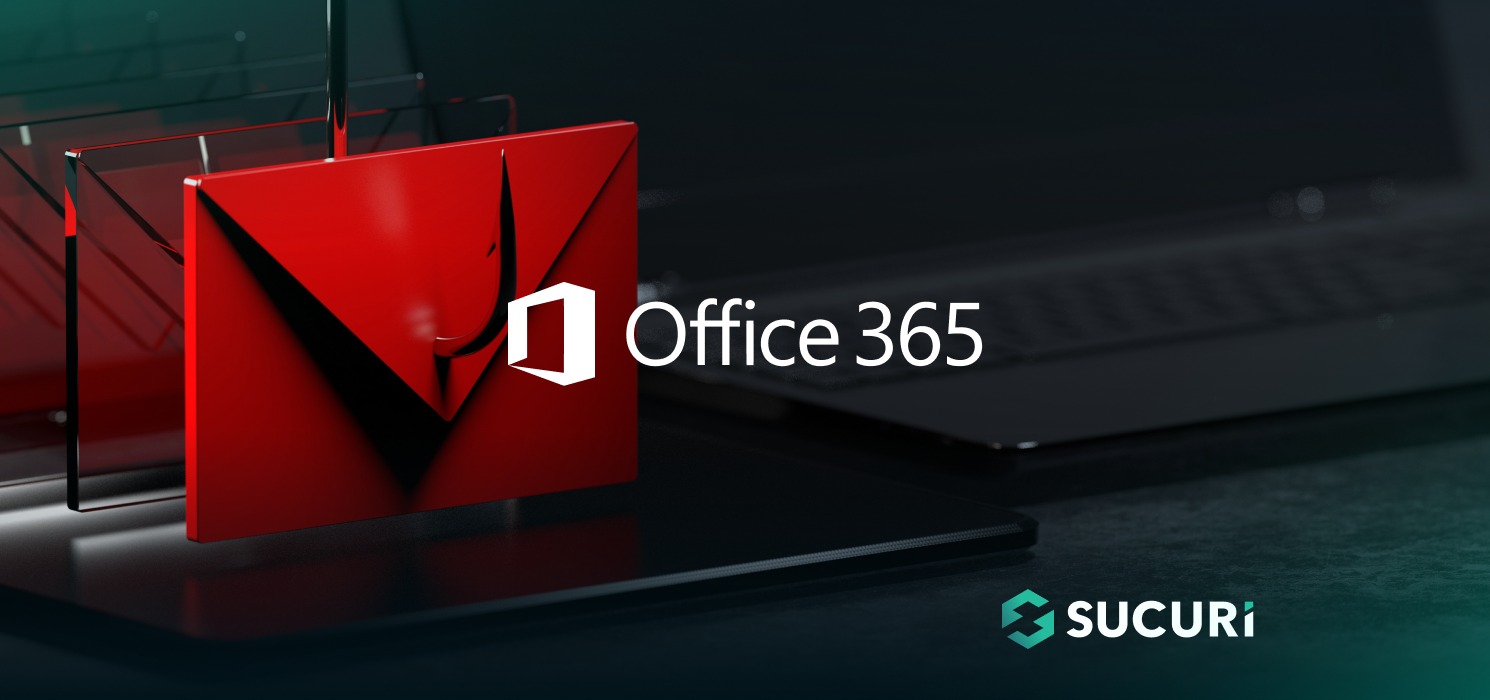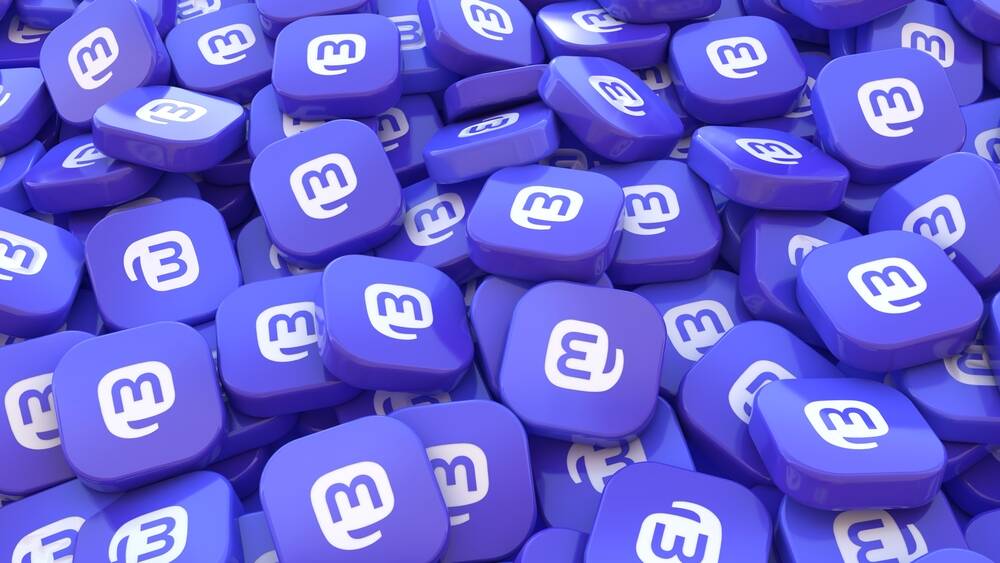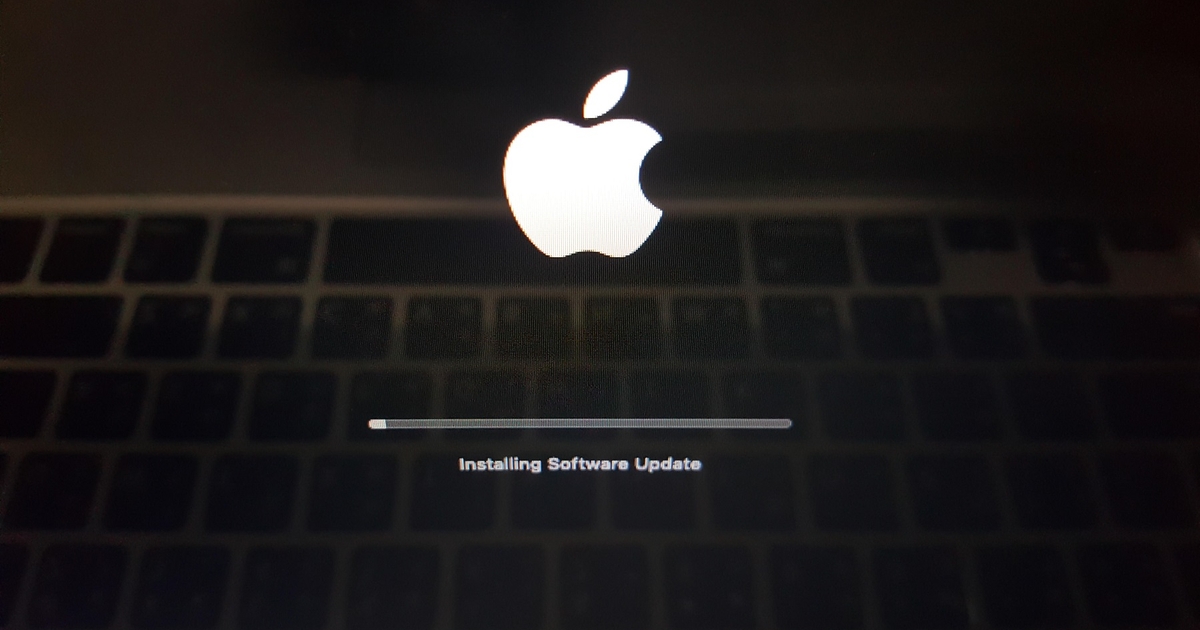The Cybersecurity and Infrastructure Security Agency (CISA) has observed an evolving threat from China-linked hackers infiltrating U.S. critical infrastructure, aiming to induce societal panic and chaos.
Some internal services at the hospital, such as internet, email, and access to medical platforms, have been affected, resulting in delays for scheduled procedures and test results.
This strategic partnership will involve integrating Tenchi’s SaaS platform into Accenture’s managed security services to enhance defenses against supply chain security threats.
The “Greatness” phishing tool poses a significant threat to Microsoft 365 accounts and has the capability to outmaneuver multi-factor authentication, increasing the potential for cybercrime.
Oasis Security, a startup from Israel, has developed a three-part system to address the challenges of non-human identity management, including discovery, resolution, and automation.
The hackers claimed to have accessed over 100 terabytes of Albania’s geographic information system and population data, although the institute denied that recent census data was compromised.
The Passenger Rail Agency of South Africa (PRASA) reported a loss of 30.6 million rand due to a phishing scam, with only half of the stolen money recovered. Insider threats, such as ghost email accounts, are suspected.
Mastodon users and administrators need to upgrade to the latest version to patch a critical vulnerability (CVE-2024-23832) that allows attackers to take over accounts remotely.
The backdoor, called Activator, employs a unique delivery method that backdoors the victim during the installation process, making it challenging to remove the infection even if the cracked software is removed.
The attackers stole source code and code signing certificates. AnyDesk responded by revoking security certificates, replacing systems, and reassuring customers that it is safe to use the software.







